A Challenging Classical Curriculum Offered in a Friendly and Caring Environment
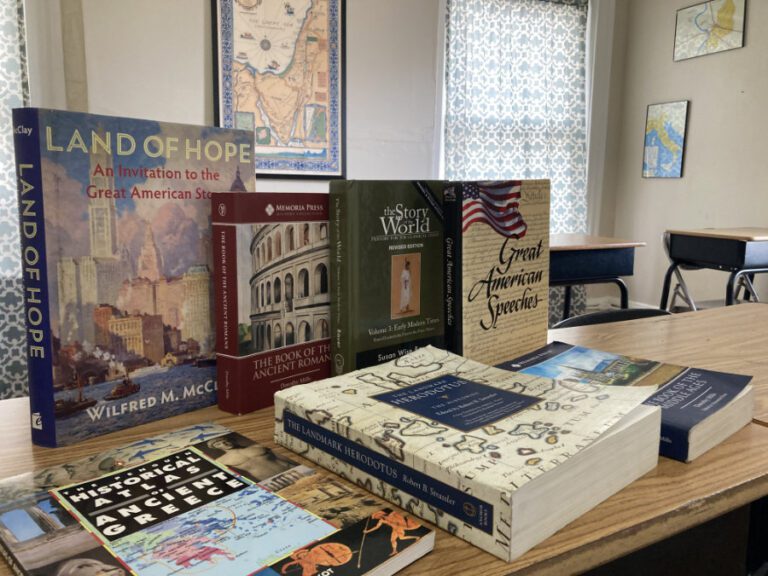
If you are new to classical education, you will notice a few distinct differences in our curriculum. Our focus on classics represents a bold challenge to fads in education; it is not an attempt to turn back the clock on civilization.
A liberal arts education is “future proof.” While the world rapidly changes, the most prepared students will have studied those truths which apply in every generation. At MTS, that is exactly what they get.
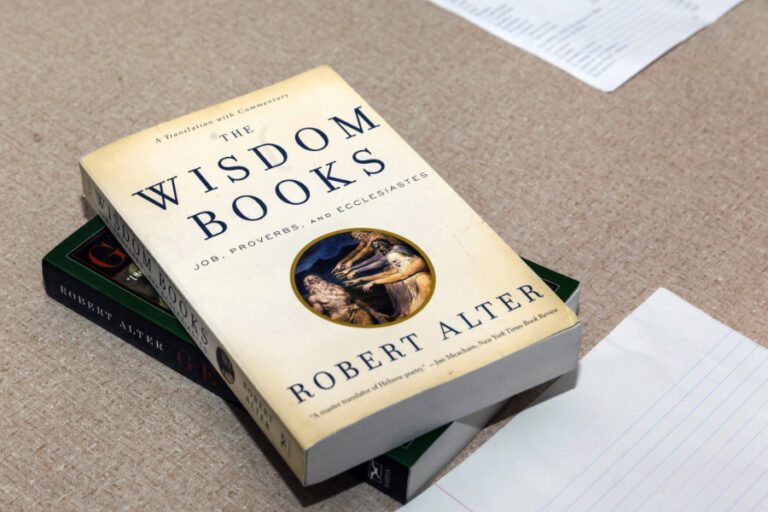
The best books, old and new, raise timeless topics which engage students in careful reading and invite them into critical conversations.
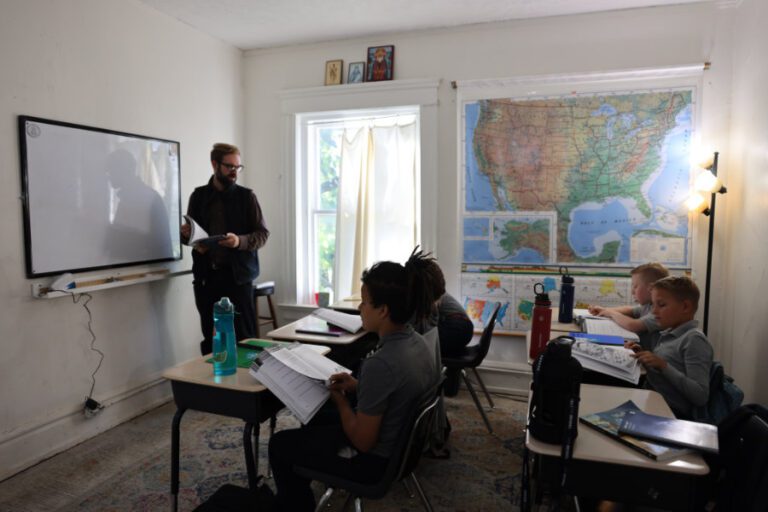
Beyond mere literacy, MTS students graduate with a deep understanding of language through study of grammar, logic, and rhetoric.
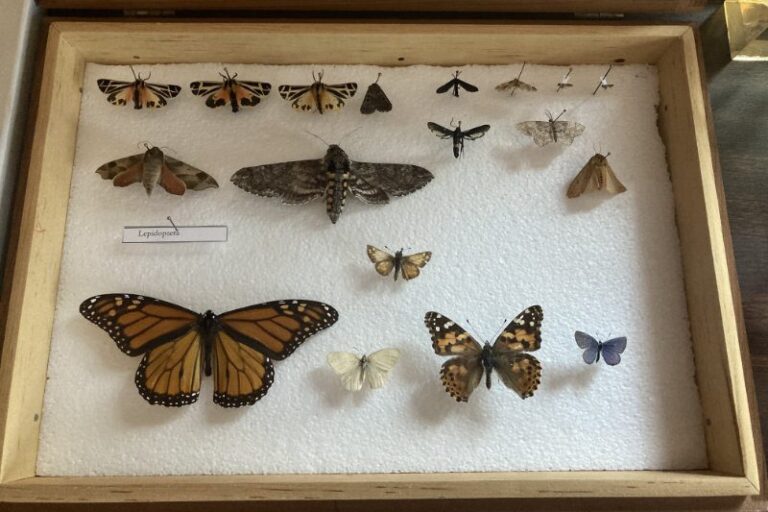
Our science and math programs emphasize ongoing practice of core skills, conceptual understanding, and memory through mastery of fundamentals.
The children’s Liturgy is my favorite service that I go to because the children’s voices are so beautiful and so pure. Not only are they learning to pray, they are praying. And that’s the thing that our school is revolving around–the life of the church, not the other way around.
We got to know some of the teachers and we were just blown away by the level of academic preparation, the level of dedication, the level of the depth of knowledge that the teachers showed us in a few minutes of conversation–it was just mind blowing. The fact that it exists, that it’s affordable, and that we can take our kids there–it’s just heaven on earth.
Mount Tabor has provided everything that I’ve desired. Teachers that love the Lord, that are Orthodox, that can create that ethos in the classroom, but are also good teachers. They love teaching and that they want to be at the school.
Elementary language arts courses include cursive penmanship and phonics-based reading and writing. Middle School students study analytical grammar (identifying parts of speech and diagramming sentences). High schoolers learn ancient Greek in an immersion method in preparation for reading the New Testament and Church Fathers.
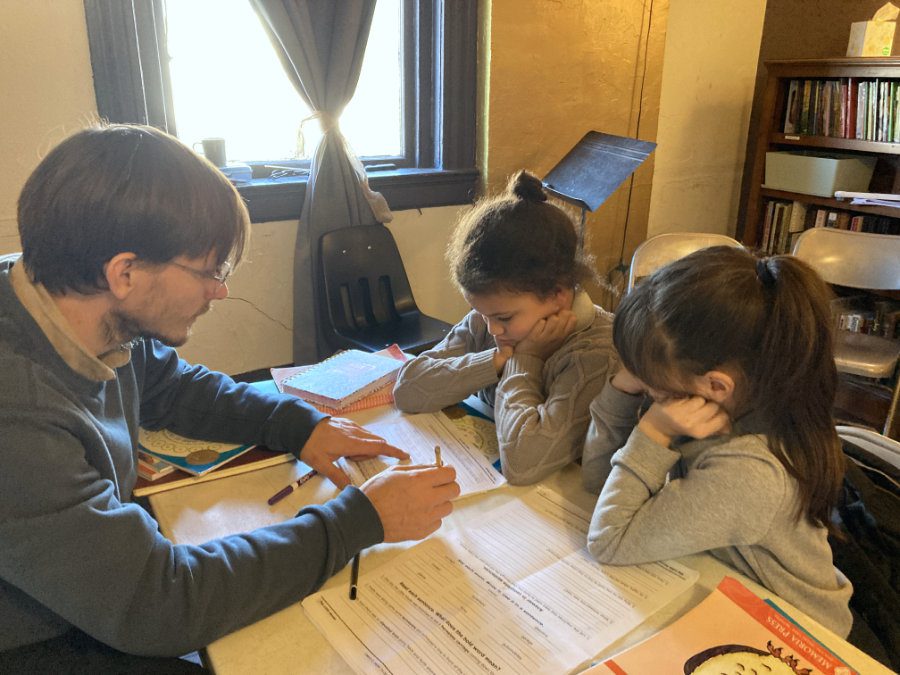
The youngest MTS students use a program called Primary Mathematics (a.k.a “Singapore math”). It emphasizes deep conceptual understanding through concrete and pictorial models. Middle school students master arithmetic and algebra before proceeding to more advanced topics. High School students are currently working through selections of Euclid’s Elements.
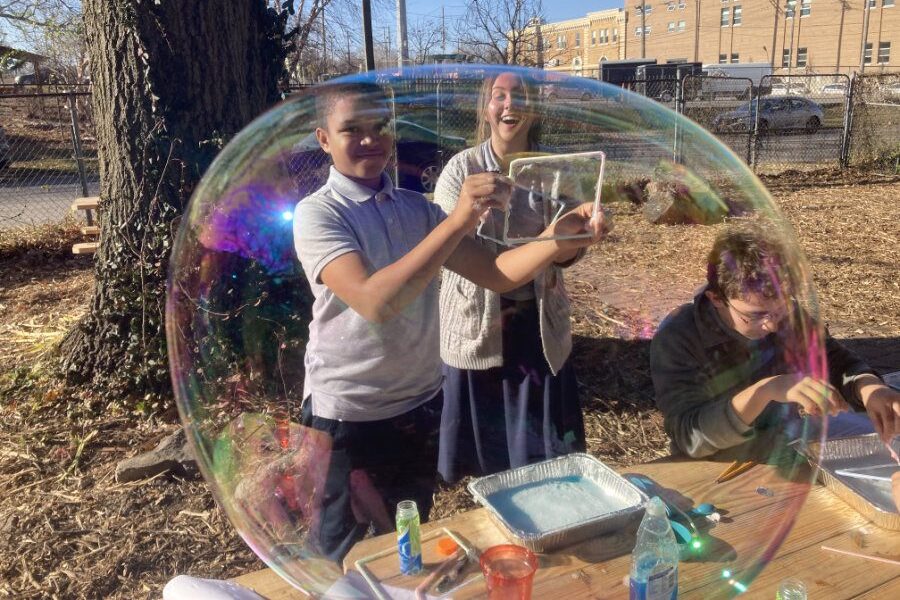
Elementary studies emphasize narratives of important individuals throughout history, especially saints of the Church. Middle school history examines the “story of the world” and locates events on a map and timeline. In High School, students research using a combination of primary and secondary sources, looking specifically at the story of civilization–especially as it is exemplified in great speeches. At each level, we aim to teach wisdom and discernment while expressing gratitude for our all of the good things we have inherited from the past.
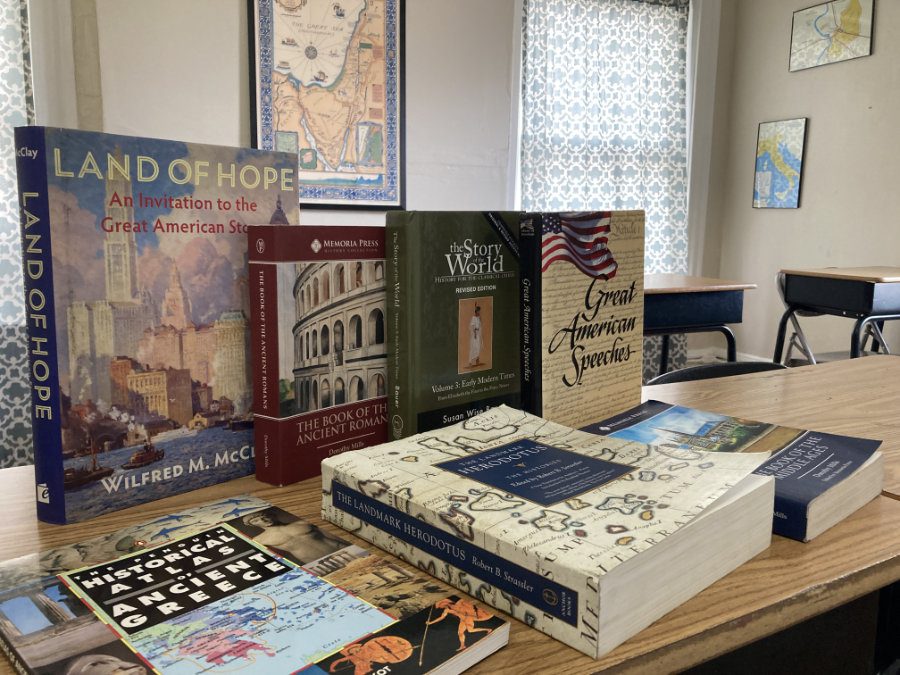
Students read and discuss a wide variety of classic works of literature. Reading the best and most profound stories inspires great discussions on important themes–justice, mercy, freedom and courage. Our aim in selecting books is to choose the highest quality from a wide and richly-varied range of sources.

We call these courses “nature studies” rather than “science” to emphasize the observational character of our approach–learning to carefully look at nature in its whole state before dissecting and analyzing. The youngest MTS students learn “patterns in nature”–establishing basic categories of weather, plants, animals, and insects. Middle schoolers learn the history of medicine, astronomy, bird and tree identification and begin more formal study of science. High school courses develop conceptual mastery while developing an awareness of the historical, philosophical, and ethical implications of science while maintaining a sense of wonder and appreciation for God’s good Creation.
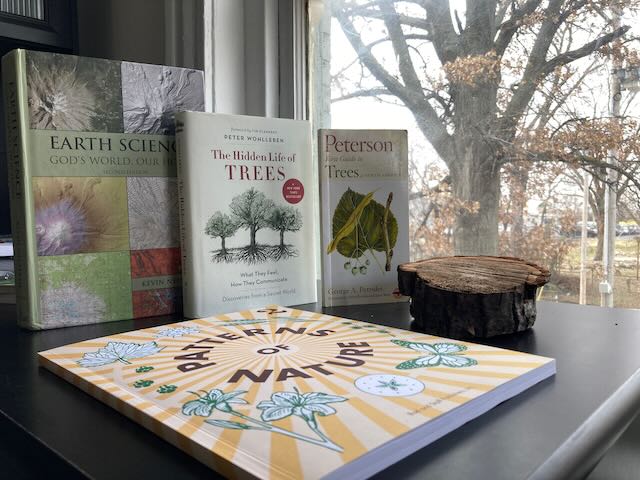
“Education ought not only be simple, it must be inseparable from character training. One can be a scientist and yet, alas, a very bad man.”
St John of Krondstat